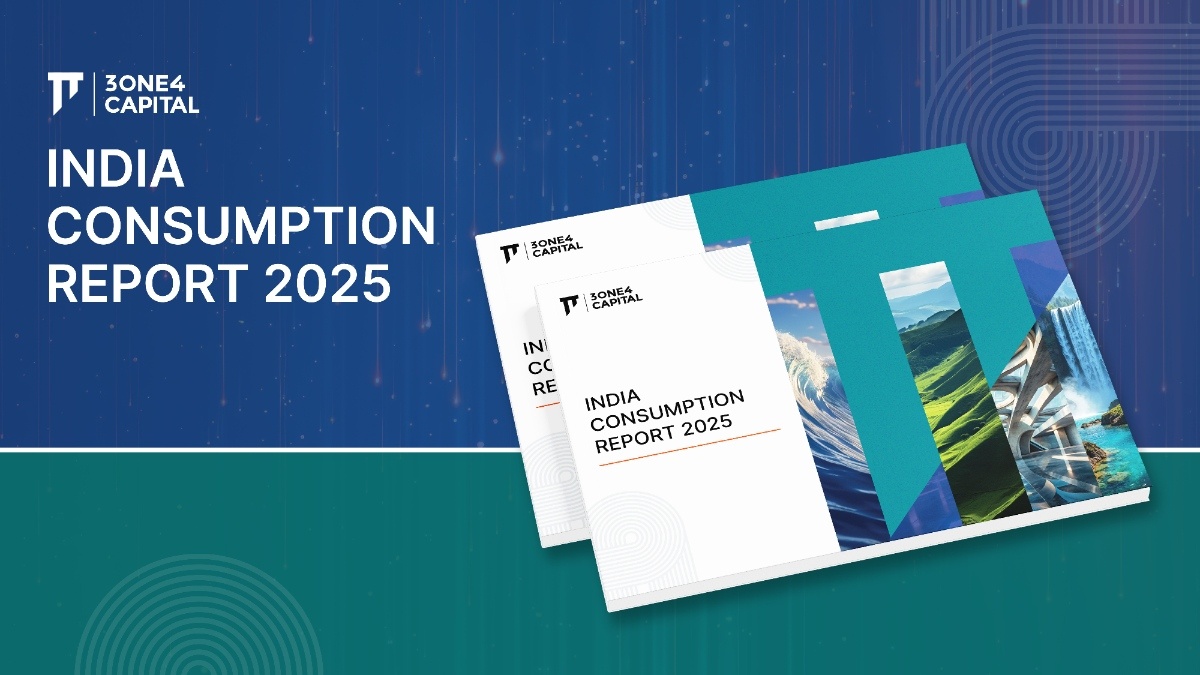
Does The Budget 2023 Signal The Return Of Angel Tax?
- Budget 2023 has now brought foreign investors under the ambit of Angel Tax, creating uncertainty and fear in the minds of Indian entrepreneurs
- This will have far-reaching implications for the Indian startup ecosystem as a majority of the funds are raised from overseas investors, whose investments will now be subject to Angel Tax. This move may push many startups to redomicile overseas
- The Indian startup ecosystem still remains hopeful that meaningful reform to the IMB process and measures to prevent flipping are undertaken. Until then, they need to buckle down and manage the current downturn the best they can.
Angel Tax was a sword of Damocles dangling over the head of Indian startups for years.
Section 56(2)(viib) of the Income Tax Act, 1961 was an anti-abuse measure inserted in 2012 to prevent the laundering of black money via investments with a large premium into unlisted companies. This section was later misapplied to Indian startups from 2016 onwards. As startups’ capital raises, which often happened at a premium above the face value of the securities, they were taxed in their hands as income.
This taxation of a capital receipt as income was unique only to India. Given that the assessments happened years after the raise, many startups didn’t have the cash to pay the tax. Nor could they raise capital, as it would all go to clearing out the angel tax liabilities.
The only exceptions to this were capital raised from SEBI-registered Alternative Investment Funds (AIFs) and capital raised from overseas investors. Budget 2023 has now brought foreign investors under the ambit of Angel Tax, creating uncertainty and fear in the minds of Indian entrepreneurs.
This will have far-reaching implications for the Indian startup ecosystem as a majority of the funds are raised from overseas investors, whose investments will now be subject to Angel Tax. This move may push many startups to redomicile overseas.
Effect Of Angel Tax Exemption For Startups
The exemption from Angel Tax places onerous restrictions on startups, such as the inability to make salary advances, engage in stock M&A, create a subsidiary, or contribute to an ESOP trust. Many startups have given up this exemption due to the onerous conditions, with many seeking to move overseas to avoid such hassles.
The 2023 Economic Survey spoke about how ‘flipping’ or ‘externalisation’, the act of shifting one’s headquarters, assets, IP, etc. overseas was eroding the Indian startup ecosystem. It even prescribed measures such as the rationalisation of the IMB certification process to ensure that the tax benefits are broad-based to Indian startups.
In order for an Indian startup to avail of any of the income tax benefits, it must be certified by the Inter-Ministerial Board (IMB). Out of the 84K+ startups registered with DPIIT, less than 1% are IMB registered. Thus all the incentives announced for startups cannot be availed by 99% of the Indian startup ecosystem.
Even the two following changes announced in Budget 2023 for Indian startups will only apply to the 800-odd IMB-registered startups, not to all of them:
• Increase in the carry forward of losses due to change in shareholding from seven years to ten years
• Increase in the period of incorporation to qualify for IMB registration by one year. So startups incorporated between April 1, 2016 to April 1, 2024 can qualify for IMB registration
The IMB should be rationalised as it has failed to broad-base income tax benefits to Indian startups. But there was no mention of that.
Gaming companies too, suffered a blow, as all income from online gaming will be subject to TDS beginning with INR 1. The INR 10,000 limit for TDS will no longer apply.
Long-standing asks such as ESOP tax rationalisation, equalisation of long-term capital gains on startups with listed securities, etc. have not been delivered.
A Silver Lining For Agritech & AI
A silver lining does exist in the non-fiscal measures. The Agriculture Acceleration Fund to support rural agritech startups is a great step to allow startups to become a vehicle for increasing agritech penetration in India. Access to anonymised data under the National Data Governance Policy will be a boost to AI startups.
The Indian startup ecosystem still remains hopeful that meaningful reform to the IMB process and measures to prevent flipping are undertaken. Until then, they need to buckle down and manage the current downturn the best they can.
Originally published in Inc42


.webp)












